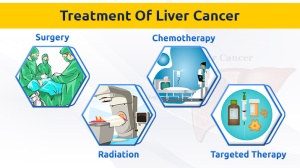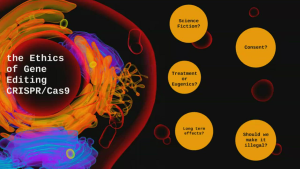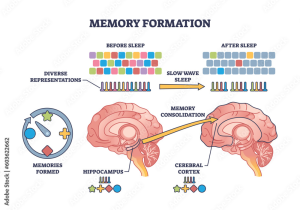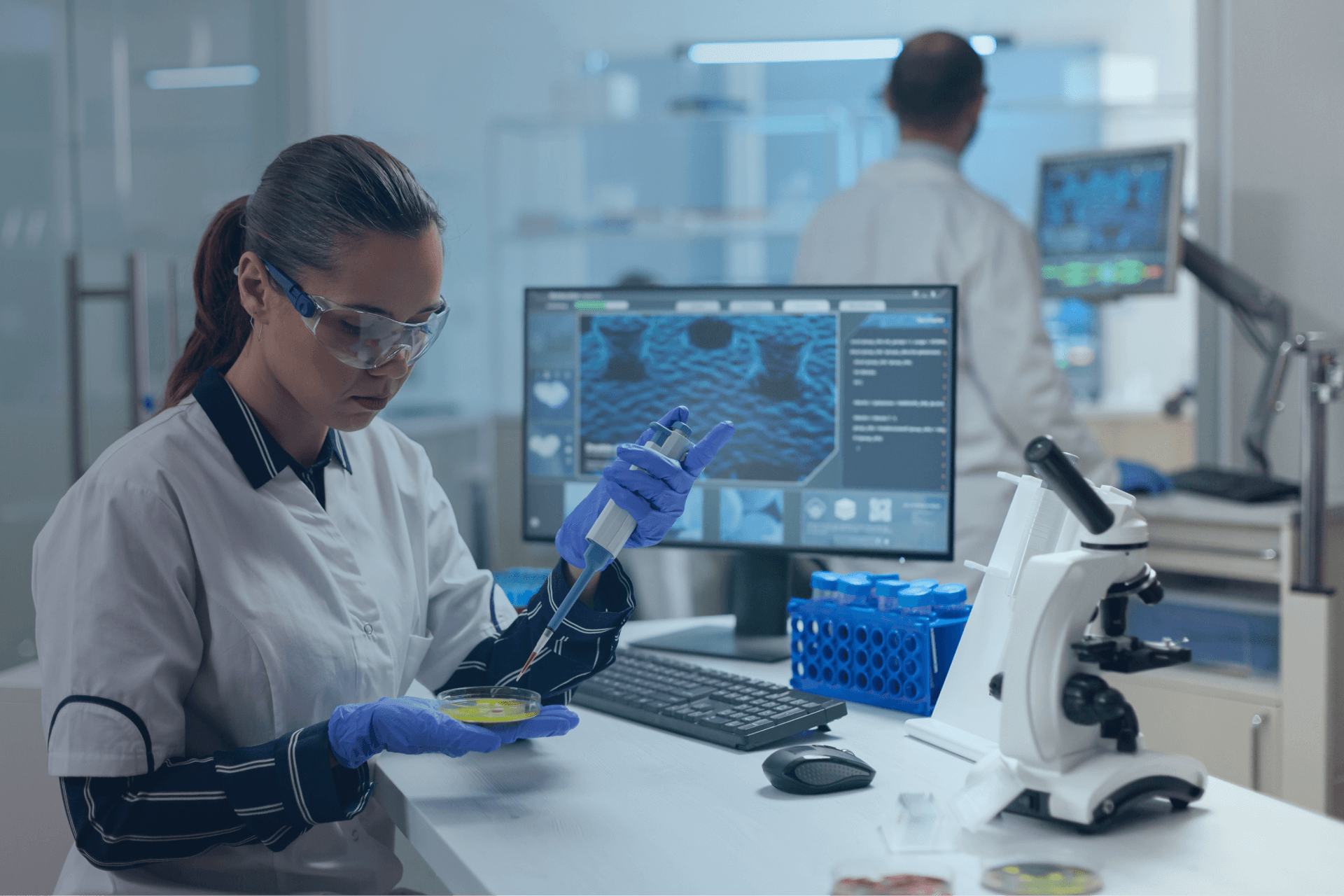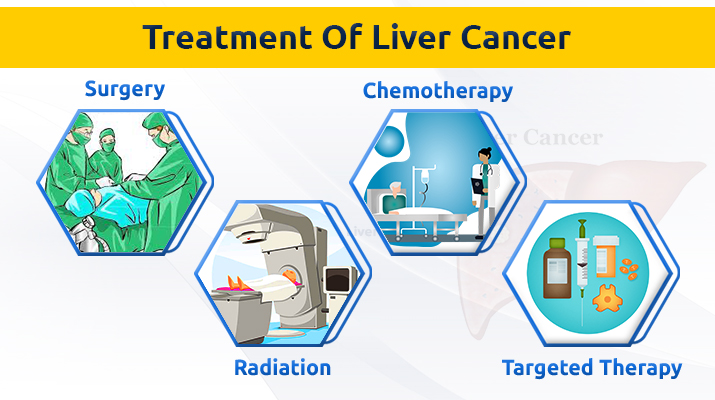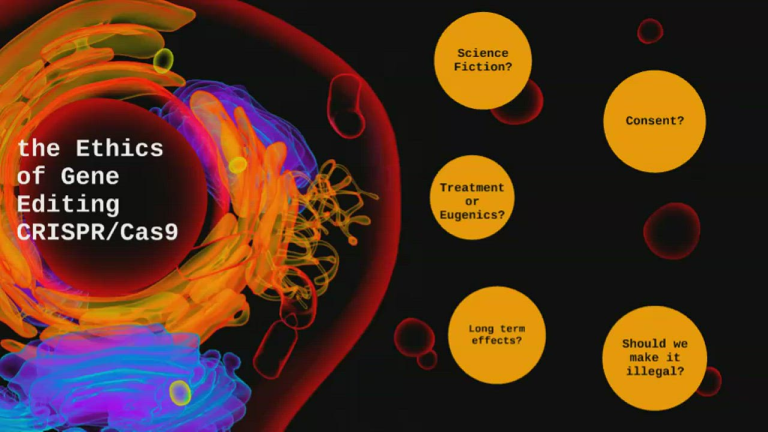Artificial intelligence in healthcare is revolutionizing the medical landscape, paving the way for advanced treatment methodologies and patient care efficiency. By integrating AI in medicine, healthcare technology is transforming the way physicians interact with patients, making diagnostics faster and more accurate. Through various medical AI applications, practitioners can now access critical information in seconds, enhancing their ability to make informed decisions. The rise of AI doctor assistants is particularly notable, as these tools not only streamline workflows but also minimize human error, leading to improved patient outcomes. As we explore the benefits of AI in healthcare, it’s clear that this innovative approach represents a significant leap forward in combating both routine and complex medical challenges.
The integration of technological advancements in medical practice is shaping a new era of patient care. With innovative tools and systems now emerging, the application of smart algorithms in clinical settings promises to enhance medical decision-making and improve overall patient experiences. This shift towards technology-enhanced medicine not only streamlines processes but also empowers healthcare providers to offer personalized care on a scale previously thought unattainable. Leveraging these innovative solutions signifies a transformative approach to the delivery of healthcare services, ensuring that both patients and professionals benefit from improved efficiency and effectiveness in treatment. As we delve deeper into this topic, it becomes evident that these advancements are not merely supplementary; they establish a new foundation for what is possible in patient care.
Revolutionizing Healthcare with Artificial Intelligence
The integration of artificial intelligence in healthcare is revolutionizing the way healthcare services are delivered and managed. Historically, healthcare has been a labor-intensive field, heavily reliant on human decision-making and manual data management. However, with the advent of advanced AI technologies, particularly large language models, we are witnessing a transformation in patient care and administrative processes. From improving diagnostic accuracy to enhancing communication between doctors and patients, AI technology is streamlining operations, allowing for more efficient care delivery. This transition mirrors the impact seen with the introduction of the internet into everyday life, further solidifying AI’s place as a cornerstone of modern healthcare.
The advantages of AI in medicine are particularly pronounced in its ability to automate routine tasks, such as paperwork and documentation, which has historically contributed to physician burnout. With AI tools handling these mundane yet necessary tasks, healthcare professionals can devote more time to patient interaction, focusing on the human aspects of care rather than getting bogged down by administrative overload. This results in an enriched doctor-patient relationship, fostering trust and communication, which are vital aims in the healthcare spectrum.
The Expanding Role of AI Doctor Assistants
AI doctor assistants are becoming an invaluable asset within healthcare settings by providing real-time support and clinical decision-making assistance. These AI applications can analyze vast amounts of medical data rapidly, helping healthcare professionals arrive at more informed decisions during patient consultations. For instance, AI systems can suggest possible diagnoses based on patient symptoms, offer evidence-based treatment options, and even predict patient outcomes. By functioning as a second pair of eyes, these AI assistants not only uplift the quality of care but also enhance the overall patient experience, making the healthcare process feel more integrated and personalized.
Furthermore, the use of medical AI applications extends beyond straightforward diagnosis support. They can help navigate complex cases, as highlighted by studies where AI outperformed human physicians in identifying subtle signs of medical conditions that might go unnoticed in a busy clinical environment. As AI continues to evolve and learn from interactions, we can expect enhanced accuracy and reliability in clinical settings, which ultimately translates to better patient outcomes and a reduction in misdiagnoses.
Benefits of AI in Healthcare: Efficiency and Beyond
The benefits of AI in healthcare extend far beyond mere efficiency gains; they encompass improvements in patient safety, quality of care, and access to medical expertise. One primary advantage is the significant reduction in diagnostic errors, which can lead to life-altering consequences for patients. AI algorithms can sift through electronic health records, lab results, and imaging studies at lightning speed, identifying inconsistencies or flags that may indicate misdiagnoses. This capability not only supports healthcare professionals in making informed decisions but can also dramatically enhance patient safety through earlier interventions.
Moreover, AI’s potential in facilitating telehealth services cannot be overstated. With the increasing demand for remote healthcare options, AI tools can help evaluate patient symptoms during virtual visits, triage cases based on urgency, and maintain comprehensive records. This empowers both patients and healthcare providers, facilitating timely care delivery while catering to the growing need for convenience and accessibility in healthcare. As such, AI acts not merely as a tool, but as a catalyst for a more robust healthcare system that prioritizes patient needs and outcomes.
Addressing Bias in AI Healthcare Models
Despite the promising advancements in AI applications within healthcare, it is crucial to address the pervasive issue of bias in AI models. Many AI systems may inadvertently perpetuate existing social inequities, largely due to historical data sets that reflect societal disparities. For instance, data sourced predominantly from privileged populations can result in AI algorithms that are less effective for underrepresented demographics, thereby exacerbating health disparities rather than alleviating them. Experts stress the necessity for developing inclusive datasets to train AI systems, ensuring that they serve all patient populations equitably.
Furthermore, continual scrutiny is essential to monitor the outputs of AI systems for biased results that may arise during clinical applications. As AI becomes more embedded in healthcare delivery, adopting frameworks for accountability and transparency will be key. This involves not only refining algorithms through diverse data inputs but also emphasizing human oversight in AI applications. By fostering a collaborative relationship between AI and healthcare professionals, we can mitigate risks and ensure that AI tools enhance rather than hinder health equity and quality care.
AI’s Impact on Medical Education
The integration of artificial intelligence into medical education is heralding a new era of learning for healthcare professionals. Students now have access to AI-driven platforms that can provide personalized tutoring and real-time feedback, greatly enhancing their educational experience. This allows for a deeper understanding of complex topics, as students can engage with material that adapts to their individual learning pace and preferences. By utilizing AI tools, future healthcare providers are better positioned to leverage data in clinical decision-making as they embark on their careers.
Additionally, AI in medical education prepares students for a future where technology plays a fundamental role in patient care. Emphasizing the importance of adaptability, educational initiatives are evolving to include training on the ethical implications of AI technologies in medicine. This not only integrates AI frameworks into traditional curriculums but also prepares students to critically assess AI outputs, ensuring they can navigate their future roles as informed clinicians aware of the strengths and limitations of AI tools in medicine.
AI in Diagnostic Imaging: Enhancing Accuracy
AI’s applications in diagnostic imaging are demonstrating transformative potential in accuracy and efficiency. Traditional methods often suffer from human error, but AI algorithms proficiently analyze imaging data, including X-rays and MRIs, to identify patterns that may indicate disease. These technologies not only enhance the precision of diagnoses but can also significantly reduce the time it takes to analyze images, enabling quicker treatment decisions for patients. As more healthcare facilities leverage AI-driven imaging solutions, the potential for early detection of diseases, especially those like cancer, becomes increasingly tangible.
In conjunction with human radiologists, AI serves as a crucial tool that augments diagnostic capabilities without replacing the essential expertise that healthcare professionals bring to the analysis. It empowers radiologists to focus on more complex cases while handling routine assessments with greater speed and confidence. This collaborative dynamic between AI systems and healthcare providers reinforces a model where technology enhances, rather than detracts from, the human element of patient care.
Ethical Considerations in AI Healthcare Implementation
The rise of AI in healthcare inevitably brings forth a myriad of ethical considerations that must be thoughtfully addressed. As AI systems become more autonomous in making clinical decisions, questions around accountability arise. Who is responsible when an AI system makes an error, or when its recommendations lead to adverse outcomes? Establishing clear ethical guidelines and frameworks for accountability in AI usage is essential to navigate these challenges, ensuring that the healthcare system remains a patient-centric environment.
Moreover, the sensitive nature of patient data further complicates the ethical landscape surrounding AI technologies. With the vast amounts of medical information required to power AI systems, safeguarding patient privacy is paramount. Healthcare organizations must prioritize data security and establish protocols to ensure compliance with legal and ethical standards. By proactively addressing these ethical considerations, the integration of AI into healthcare can proceed in a manner that prioritizes patient welfare and upholds the integrity of medical practice.
AI-Powered Telehealth: A New Frontier
AI is also reshaping the telehealth landscape, enabling new levels of patient engagement and access to care. With AI-driven platforms, patients can access healthcare services remotely, receive personalized care recommendations, and engage in consultations without physically visiting a facility. This convenience is particularly beneficial for individuals in underserved communities or those with mobility challenges, thereby broadening access to quality healthcare and reducing geographical disparities.
Moreover, the integration of AI in telehealth enhances clinical decision-making by analyzing patient data and suggesting tailored treatment plans based on individual health profiles. This data-driven approach ensures that care is not only accessible but also relevant and personalized, ultimately improving healthcare outcomes. As telehealth continues to evolve, the role of AI will be crucial in shaping an efficient and effective remote healthcare environment.
Future Directions for AI in Healthcare
Looking ahead, the future of AI in healthcare holds immense promise for further innovation and transformation. As AI technologies continue to advance, we can expect increased integration across different sectors of healthcare, from administrative tasks to patient interactions. Ongoing research will likely yield more sophisticated AI tools, capable of delivering enhanced predictive analytics and personalized healthcare solutions tailored to individual needs. This anticipatory approach to patient care will mark a significant shift in how healthcare is delivered and experienced.
Additionally, as we move forward, the development of regulatory frameworks will become essential to ensure that AI applications in healthcare are not only effective but also ethically and responsibly deployed. Policymakers will need to engage in developing standards that uphold patient safety, data security, and equitable access to care. Collectively, these advancements will position AI as a transformative force in healthcare, fundamentally changing the landscape of medical practice for generations to come.
Frequently Asked Questions
What are the benefits of AI in healthcare?
The benefits of AI in healthcare are extensive, enhancing efficiencies in patient care, reducing human errors, and streamlining administrative tasks. AI applications, such as predictive analytics and automated diagnosis, allow healthcare professionals to make data-driven decisions quickly, improving patient outcomes. Furthermore, AI reduces the clerical burden on doctors, thus fostering meaningful interactions with patients.
How is AI used in medicine today?
AI is revolutionizing medicine through various applications, including AI doctor assistants for patient management, predictive analytics for disease identification, and machine learning algorithms that analyze medical images. These innovations lead to quicker diagnoses, personalized treatment plans, and better resource allocation in healthcare facilities.
Can AI in healthcare improve doctor-patient relationships?
Yes, AI in healthcare can significantly enhance doctor-patient relationships by streamlining routine tasks such as documentation and data retrieval. This allows healthcare providers to spend more quality time with their patients, fostering deeper connections and improving overall satisfaction during medical visits.
What challenges does AI face in healthcare?
Despite its potential, AI in healthcare encounters challenges including data bias, the risk of misinformation, and the need for human oversight to prevent errors. Additionally, there are concerns regarding the over-reliance on AI tools, which might undermine traditional medical education and critical thinking skills among physicians.
How does AI assist in medical education?
AI assists in medical education by providing innovative learning tools such as virtual simulations, personalized study plans, and intelligent tutoring systems. These resources enhance students’ learning experiences, allowing them to engage with complex medical scenarios in a controlled environment, ultimately preparing them for real-world medical practice.
What are some examples of medical AI applications?
Examples of medical AI applications include diagnostic tools that analyze radiological images, virtual health assistants that guide patient care, and systems that predict patient outcomes based on historical data. These applications drive efficiencies in clinical workflows and support healthcare providers in delivering improved patient care.
How can AI help reduce healthcare costs?
AI can help reduce healthcare costs by optimizing resources, automating administrative processes, and minimizing the frequency of medical errors that lead to additional treatments. By improving operational efficiencies and enhancing diagnostic accuracy, healthcare institutions can save on unnecessary expenses while ensuring better care for patients.
Is AI likely to replace doctors in the future?
AI is not expected to replace doctors but rather to enhance their capabilities. Medical AI applications assist healthcare professionals by providing decision support, thereby allowing them to focus more on patient care than on administrative tasks. The future of healthcare likely lies in a collaborative relationship between AI technologies and human healthcare providers.
What is the role of AI doctor assistants in healthcare?
AI doctor assistants play a significant role in healthcare by streamlining workflows and assisting with patient management. They can analyze patient data, provide real-time recommendations, and offer insights during consultations, enabling healthcare practitioners to make informed decisions and enhance overall patient care.
How should healthcare professionals prepare for the integration of AI in medicine?
Healthcare professionals should prepare for the integration of AI in medicine by embracing continuous learning and adapting to new technologies. Understanding AI tools, enhancing data literacy, and participating in training programs will enable healthcare workers to leverage AI effectively to improve patient outcomes and facilitate a more efficient healthcare system.
| Key Feature | Description |
|---|---|
| Transformation of Healthcare | AI is expected to reshape healthcare similar to the impact of the internet and the human genome project. |
| Efficiency in Patient Care | AI can reduce time spent on research, allowing doctors to provide quicker and more informed care to patients. |
| Challenges and Concerns | Data biases and AI hallucinations present risks that need addressing to prevent reinforcing existing inequities. |
| Impact on Medical Education | There’s a concern AI could undermine foundational medical training and thinking skills if not managed carefully. |
| Collaboration Potential | AI may foster better collaboration between healthcare providers and technology, enhancing patient outcomes. |
| Future of AI in Medicine | AI-driven tools have the potential to act as ‘co-pilots’ in patient care, streamlining processes and aiding medical research. |
Summary
Artificial intelligence in healthcare is poised to revolutionize the way medical professionals diagnose, treat, and interact with patients. With the ability to analyze vast amounts of data quickly and accurately, AI tools have the potential to enhance patient care, reduce operational inefficiencies, and support medical research. However, the successful integration of AI into the healthcare system requires careful consideration of the ethical implications, including bias and the preservation of essential clinical skills. As we move into a future where AI becomes an integral part of healthcare, it is essential for practitioners to embrace these technologies while maintaining a focus on equitable and compassionate patient care.

